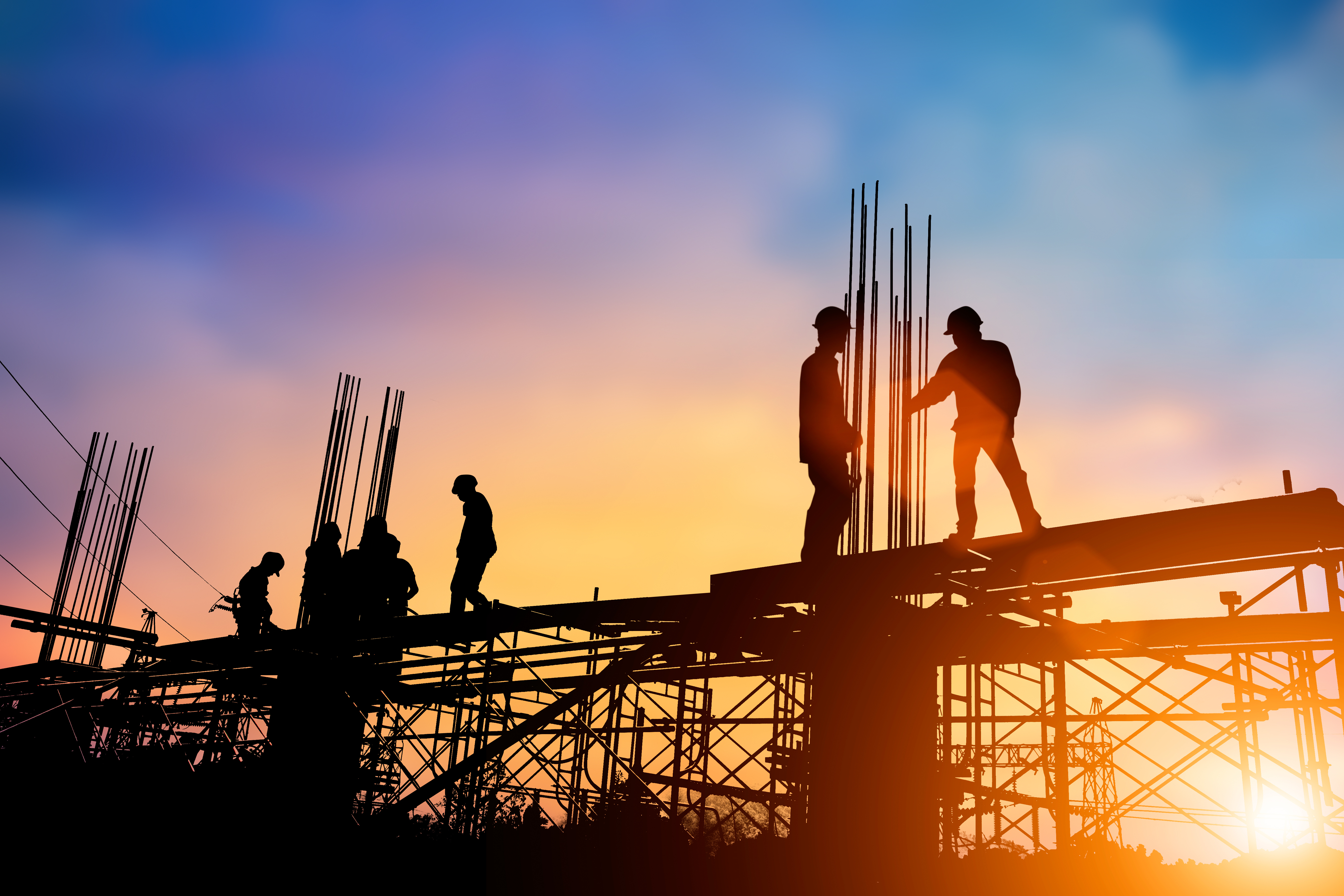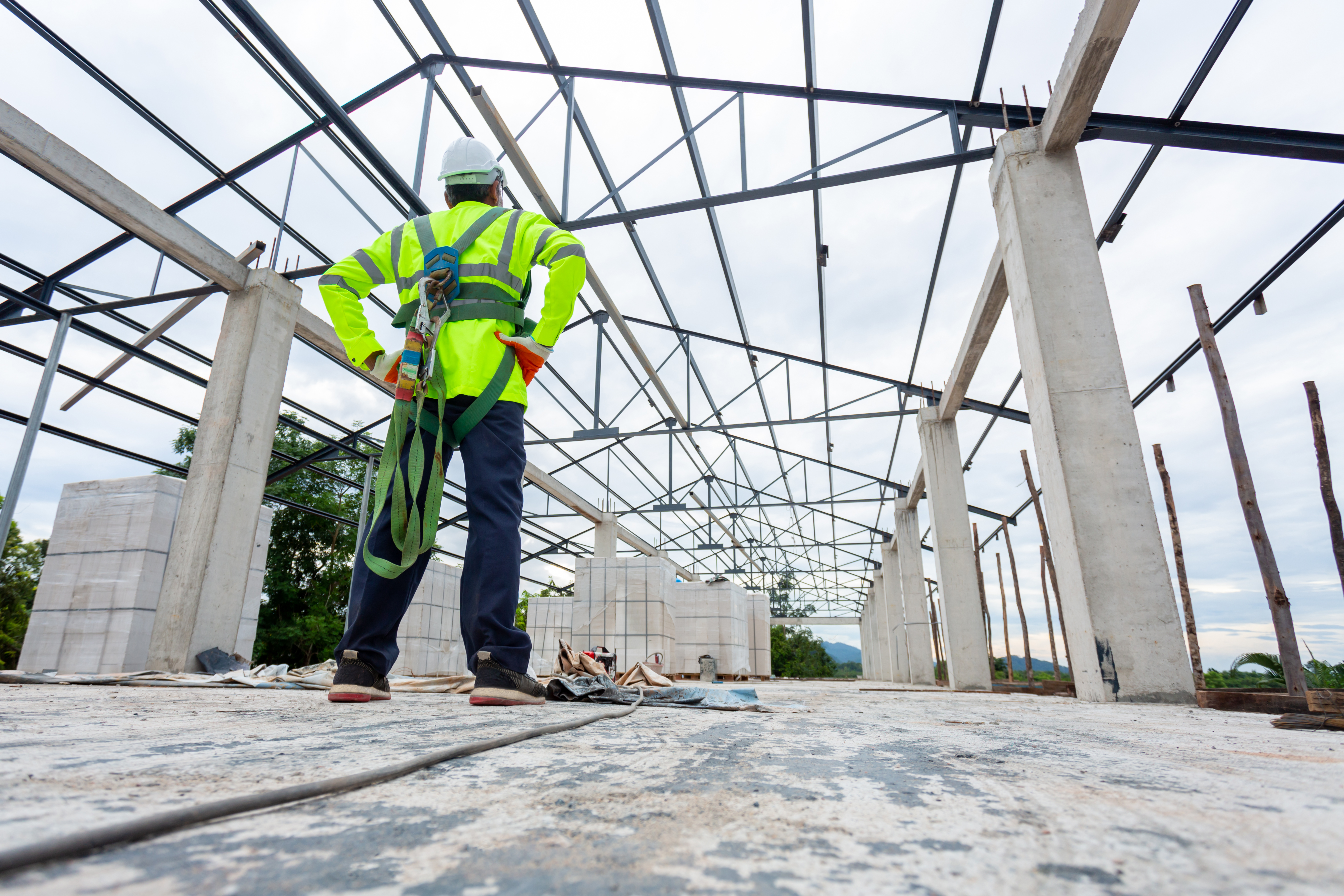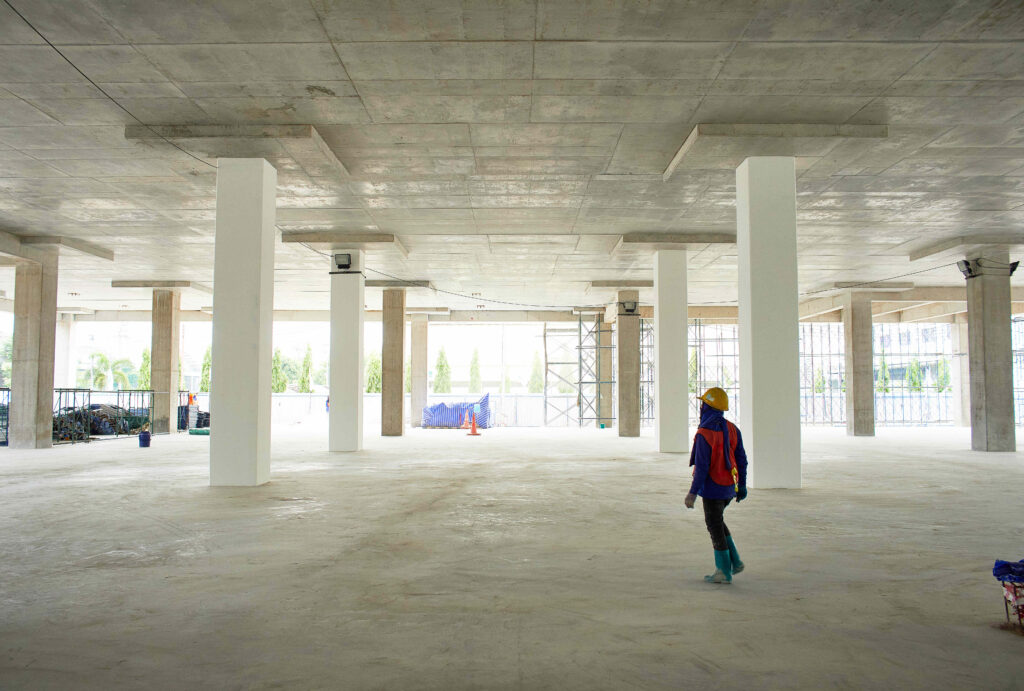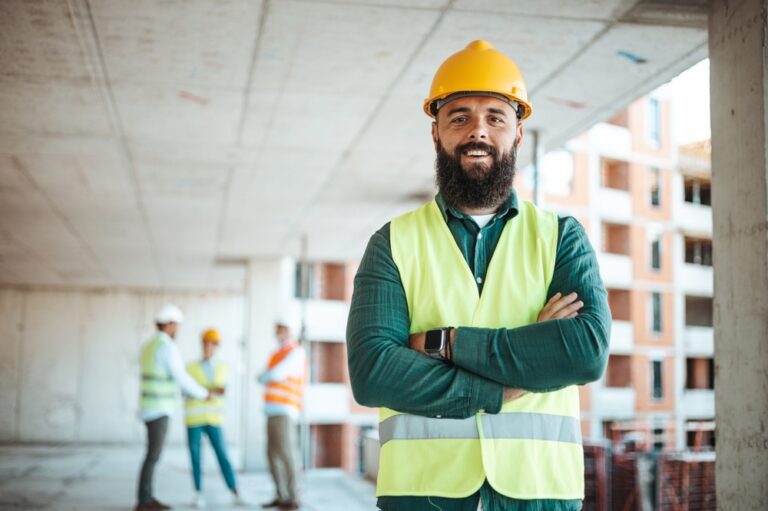There are many different topics that fall under the umbrella of construction jobs, including residential, commercial, industrial, and infrastructure. While construction projects from each category can involve more than one of these teams, it’s important to clearly differentiate between each job type.
When looking at the difference between commercial and industrial construction, each involves creating facilities for businesses, but the type of business may be different. In fact, these two categories of construction require and rely on entirely different procedures, codes, management practices, and more.
Let’s take a look at the main differences between industrial vs. commercial construction so you can make an informed decision on which career path is right for you.
What Are the Main Differences Between Industrial and Commercial Construction Jobs?
Industrial and commercial construction jobs exhibit distinct differences in terms of their purpose, scale, and characteristics.
Commercial construction primarily involves the creation of spaces tailored to businesses, such as offices, retail stores, and restaurants. These projects often prioritize visually appealing design elements and require features that can attract and accommodate customers, contributing to a welcoming and functional environment for employees and patrons alike.
On the other hand, industrial construction revolves around the development of facilities designed for manufacturing, processing, or heavy-duty functions, such as factories, warehouses, and power plants. The focus here is typically on the following:
- Functionality: All buildings must be designed with intent in mind, and in industrial construction, this is an incredibly high priority. For factories, manufacturing plants, and other similar facilities, there must be a high emphasis on functionality and efficiency.
- Safety: Due to the potentially hazardous nature of industrial activities, safety protocols and compliance with industry-specific standards are particularly crucial in this type of construction.
- Power: While commercial buildings use a lot of energy, industrial buildings often require more power due to the specialized equipment that is used daily.
Overall, while industrial and commercial construction both involve the process of building structures, they diverge significantly in their goals, design considerations, and safety requirements. These two construction fields have a variety of differences.

1. Location
Commercial construction is centered around building spaces for businesses, with a primary focus on customer appeal and interactions. Locations are strategically chosen for accessibility, often in bustling areas to attract patrons. Spatial optimization aims to enhance customer experiences, while design emphasizes visual appeal. The success of commercial endeavors depends on foot traffic and convenience, making location a critical factor.
Industrial construction involves creating facilities for manufacturing and heavy-duty processes. Functionality and logistical efficiency take precedence, guiding the selection of locations near transportation routes. Spaces are designed to accommodate equipment and production needs, with aesthetics often secondary.
Additionally, operational efficiency drives industrial projects, requiring proximity to highways and ports. Unlike commercial projects, the focus is on efficient shipping, receiving, and round-the-clock operations.
2. Codes and Permits
When it comes to constructing a commercial space, you must secure permits from local authorities. This process involves adhering to safety codes and zoning regulations, as well as acquiring licenses from health departments to ensure the facility meets all prerequisites for safe occupancy. To simplify this process, it’s beneficial to work with local boards. As the project nears completion, the focus shifts to finalizing permits and fulfilling occupancy criteria.
For industrial construction, you may need to gain permits from various government jurisdictions—local, state, and federal. When constructing a site of these means, specific rules need to be followed and tailored to what the building does, like manufacturing or distributing.
This part of the construction process can be challenging to navigate, making it all the more important to have reliable employees and project managers. Working with an industrial construction recruiter who is well-versed in the industry, including its rules, laws, and safety, can ensure the right candidates and professional knowledge are being placed in the right areas.
3. Design
There is a huge difference between constructing a building for commercial use and one for industrial use. For businesses like shops or offices, the design needs to be appealing to both employees and customers. A commercial building’s design aims to provide an environment that is comfortable and inviting for everyone, as this can be a factor in driving sales of goods and services.
Designing a commercial building typically involves creating a floorplan that makes it easy for people to move around and find what they’re looking for. Whether it’s guiding customers to different sections in a store or helping employees navigate within an office, a well-thought-out design plays a pivotal role.
For industrial buildings, such as factories or power plants, there is less focus on aesthetics and more emphasis on safety and efficiency. The inside of the building needs to be laid out to ensure that it is easy to move around and safely work. The main goal is to arrange machines and equipment in a manner that will make the work go smoothly; that cannot happen if the building isn’t designed with that intention.

4. Project Management
Every construction job has its challenges. Oftentimes, commercial assignments can be more straightforward than industrial ones, which can affect how construction project managers go about supervising the project.
If a common building is being constructed, such as an office, mall, restaurant, or retail store, finding the materials and knowledge for these projects may not be as difficult. Project managers may find it easier to oversee all aspects of the building process, and may even have an easier time finding employees and workers because the project requires a more general level of construction knowledge.
On the other hand, project managers may encounter more challenges when managing an industrial construction project than they would in commercial projects. Industrial construction tends to be more complicated, mainly because factories, distribution centers, and other similar facilities must run in a certain manner. Plans for these projects must be finely tailored, and project managers will have to coordinate with a number of different people to guarantee success.
Also, industrial construction can require a more unique skillset, making it difficult to find personnel who have the right experience and knowledge.
How to Determine Which One Is Right for You
Determining which construction career choice is right for you can be a challenge. Fortunately, working with a reliable construction recruitment firm can ensure you are making the best decision for your future.
If you’re ready to start your career in commercial or industrial construction, our recruiters at Austin Nichols Technical Search will find the right team or position for your needs. Contact us today to get started!










